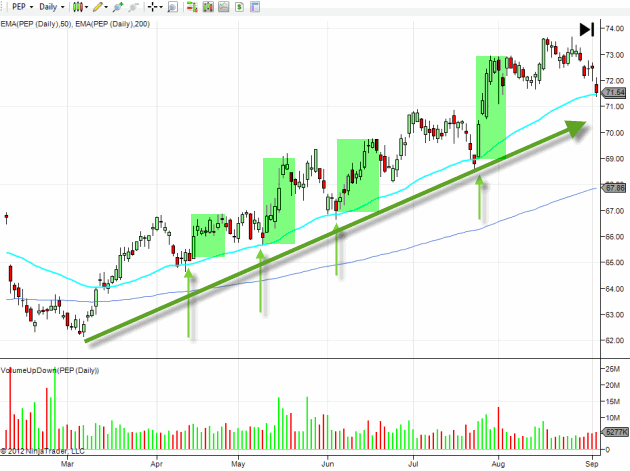A significant shift has occurred in the financial industry in recent years, as hedge funds have embraced remote trading talent. With the advent of funded trader programs, these firms have capitalized on the remote employment revolution, allowing traders to operate from the comfort of their own homes. This blog post explores how hedge funds maximise remote trading talent’s potential through these innovative programs.
The Remote Job Revolution
As the modern workplace evolves, more professionals opt for flexible arrangements, including remote work, telecommuting, and virtual employment. This paradigm shift has extended to the financial sector, with hedge funds actively seeking out traders who can work remotely.
Funded Trader Programs
Tradiac funded trader program has gained popularity as an effective means of identifying and supporting talented traders. These programs typically allow aspiring traders to trade with the firm’s capital, eliminating the need for personal financial investment. In return, successful traders receive a share of the profits generated, incentivizing exceptional performance.
Enhanced Access to Talent
By embracing funded trader programs, hedge funds are no longer limited to hiring talent solely within their geographic proximity. They can tap into a global pool of traders, leveraging diverse expertise and perspectives. This broader access to talent allows hedge funds to assemble a team of skilled professionals who can operate seamlessly from different corners of the world.
Improved Work-Life Balance
Remote trading talent is drawn to funded trader programs due to the freedom and flexibility they offer. Traders can structure their work schedules to align with their personal lives, optimizing their productivity. With reduced commuting times and the ability to work from anywhere, traders can achieve a healthier work-life balance, increasing job satisfaction and motivation.
Utilizing Technology
The success of remote trading relies heavily on technology. Hedge funds provide their traders with advanced trading platforms, real-time data feeds, and sophisticated analytics tools. These technological advancements ensure seamless communication, efficient trade execution, and robust risk management, irrespective of the trader’s physical location.
Risk Management and Compliance
Despite the remote nature of their work, traders operating through funded trader programs are subject to stringent risk management and compliance measures. Hedge funds employ comprehensive monitoring systems to oversee trader activities, ensuring adherence to regulations, risk limits, and ethical standards. This commitment to risk management safeguards the firm’s reputation and protects investor interests.
Continuous Learning and Skill Development
Funded trader programs often include comprehensive training and mentoring initiatives. Hedge funds recognize the importance of investing in their traders’ professional development to enhance their skills and knowledge. Regular performance evaluations, feedback sessions, and educational resources enable traders to refine their strategies, adapt to market conditions, and stay ahead of the competition.
Increased Scalability and Adaptability
The utilization of remote trading talent through funded trader programs offers hedge funds increased scalability and adaptability. During market volatility or economic uncertainty periods, these firms can quickly adjust their trading teams and allocate resources where needed, ensuring optimal performance and risk mitigation.
Conclusion
The work-from-home revolution has given hedge funds an unprecedented opportunity to leverage remote trading talent through funded trader programs. By embracing these innovative initiatives, hedge funds can access a broader talent pool, improve work-life balance for traders, harness advanced technology, ensure robust risk management, and foster continuous skill development. As the financial industry continues to evolve, it is evident that the remote trading model is here to stay, redefining the landscape of the hedge fund industry.

Bradley attended Boston University where he received a Bachelor’s degree in Economics and Political Science as well as a Master’s degree in Business Administration from Columbia University Graduate School of Business (currently attending). He loves to write about everything business related.








